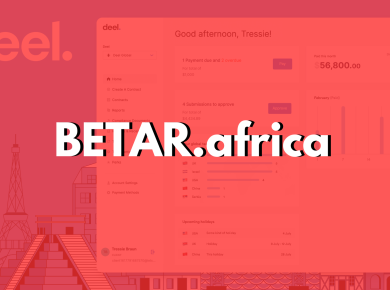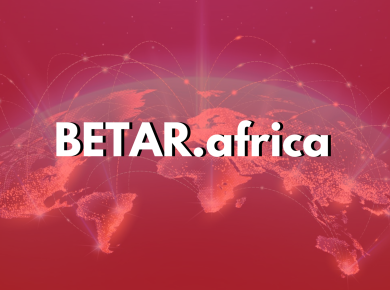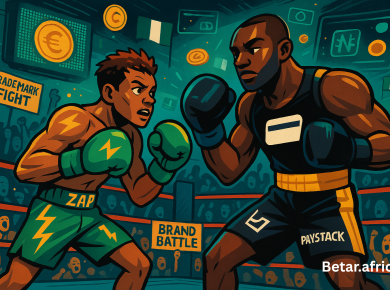Let’s face it, the Nigerian startup ecosystem is the largest in Africa and one of the largest in the world. With over 5 billion dollars raised, the startup culture in Nigeria is taking off really well.
But there’s the fear that these startups don’t survive the first five years of competitive life. Experts used to believe this was a global phenomena until a study revealed that this was more common to Nigerian startups.
Could this be a result of infrastructural underdevelopment? There could be specific reasons why startups don’t survive market entry in Nigeria. Stick around.
1. Building the Wrong Products
Market research is the bedrock of your product’s development, and you can’t do without data if you want to survive the market entry phase.
What’s the point building a product that users don’t use? What’s even worse is building an unscalable product. The product you build must solve basic Nigerian problems, and you can only know these “basic Nigerian problems” if you do quality market research.
Take for example Airbnb.
Before Airbnb launched, travelers had limited accommodation options—mainly hotels, which were often expensive and lacked local experiences. Meanwhile, many homeowners had extra space but no easy way to rent it out.
Through thorough market analysis, Airbnb identified a gap: people wanted affordable, unique stays, and homeowners needed extra income. They tested their idea during a major conference in San Francisco, proving demand existed. This scenario shows the need to do thorough market research using data analytics before building your products.
2. Thinking Short Term Instead of Long Term
Short-term gains and long-term investments often pull businesses in opposite directions. There’s always a temptation to chase quick wins, especially when they offer immediate results. However, long-term investments demand patience, discipline, and a willingness to endure short-term discomfort for greater future rewards.
This in itself is a major problem for Nigerian startups.
A well-known example of delayed gratification is the Stanford Marshmallow experiment. In this study, children were given a choice: eat one marshmallow immediately or wait 15 minutes to receive two. Follow-up research 18 months later showed that those who waited performed better on SAT tests and were seen by their parents as having achieved greater success.
Startups face a similar challenge. Just like those children, they must resist short-term temptations and make strategic decisions that will lead to bigger rewards in the future.
Relating this to startups…
Your long term goal can be increasing sales by 40% in three years. To achieve this, you’ll need to increase your customer base through aggressive marketing and promotional discounts. However, if you place emphasis on reaching out to people without a solid client retention plan, you’ll struggle to maintain profitability which is the long term goal.
How do you increase salary by aggressive marketing if you don’t know your customers? So it boils down to market research – an innate feature in a typical Nigerian.
3. Running out of Investors
A common thing with Nigerian investors is the show offs that come with being a CEO.
What’s even worse is the excitement of spending huge funds on PR and fancy offices. The truth is, just like too much money kills startups, funds mismanagement kills startups too.
Nigerian investors fail to set priorities right. Instead they lose focus on generating constant revenue before increasing their expenditure. While that is not bad in itself, it subconsciously takes away the urgency to push your product to generate revenue. In the end, the company folds up when investors pull out because you have mismanaged funds and have not generated enough revenue to sustain your company
Bottom Line
The first thing that should come to mind when building a Nigerian product or service should never be marketing. In fact, it should come later on in the chain. What should come first, rather, is market analysis. Does your product or service solve the basic Nigerian issues?(If your target audience are Nigerians)
We believe we’ve been able to help you as a Nigerian founder identify rarely-talk about problems. Stick around for more.










